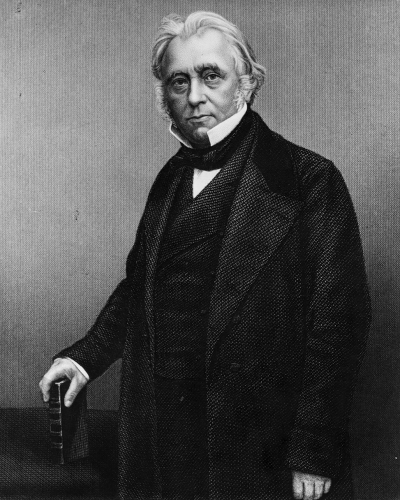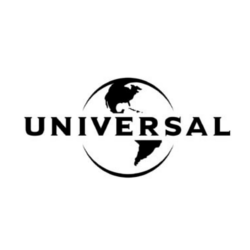Opposing Copyright
Sat, 11/01/2014 - 1:26pm — Homer This is my analysis and response to Thomas Babington Macaulay's speech to the House of Commons, delivered on the 5th of February 1841, opposing the then proposed "Life + 60 Years" copyright term.
This is my analysis and response to Thomas Babington Macaulay's speech to the House of Commons, delivered on the 5th of February 1841, opposing the then proposed "Life + 60 Years" copyright term.
First I should state that I also oppose any extension to the copyright term, but moreover I oppose copyright in general, and seek its total abolition.
Macaulay's speech is good overall, inspired in places and clearly well-intentioned, but makes what I believe to be a fundamental logical fallacy which must be addressed. He also tends to waffle, giving far more examples than is necessary, most of which I've edited out. Therefore the following comprises a summary of the relevant parts of the original speech to which I wish to respond, and my indented responses (in blue) to each point. With the exception of Macaulay's final summary, I will only respond to those points I disagree with, so you may assume that I agree with the rest.
My objective is to demonstrate that copyright is not only morally indefensible, but also quite unnecessary.
ACTA Attack
Sun, 05/02/2012 - 8:36pm — HomerACTA is perhaps one of the most sinister developments in the history of the Internet, and beyond, not only because of the Draconian legislations it proposes, but also because of the manner in which they were proposed.
You see ACTA has never been democratically scrutinised or debated. It was created and negotiated entirely in secret by private corporations, not transparently by democratically elected representatives, and then ratified without any democratic mandate (by "executive order"). Indeed, the US government actually went so far as to describe these boiler-room "negotiations" as "a matter of national security".
"A matter of national security"?
Seriously?
Since when are petty civil legislation issues like copyrights "a matter of national security"? Since when should fundamental changes to the democratic process and criminal legislation be "negotiated" in dark basements by private corporations, then the details protected as "a matter of national security"?
It's incredible, but true. It's also profoundly disturbing.
Regardless of whatever else might be wrong with ACTA, when private corporations start making criminal laws (in secret, no less), clearly we have a serious problem. It's textbook fascism.
How Timbaland Got Away With "Copyright Theft"
Fri, 20/01/2012 - 5:50am — HomerRead this background summary of the Timbaland plagiarism controversy.
Basically, Mosley got off on a technicality.
Kernel Records Oy v Timothy Mosley Appellate Brief
AJE does not qualify as a United States work under § 101(1)(B) because at the time of first publication in 2002, Australia's term of copyright protection (the life of the author plus 50 years) was not the same or longer than the term of protection provided in the United States (the life of the author plus 70 years).


